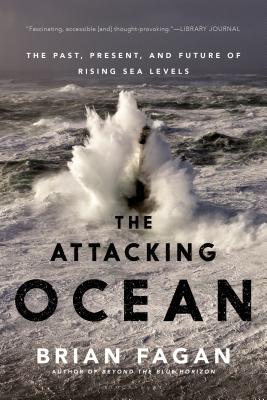Expedite your nonfiction book discovery process with Readara interviews, summaries and recommendations, Broaden your knowledge and gain insights from leading experts and scholars
In-depth, hour-long interviews with notable nonfiction authors, Gain new perspectives and ideas from the writer’s expertise and research, Valuable resource for readers and researchers
Optimize your book discovery process, Four-to eight-page summaries prepared by subject matter experts, Quickly review the book’s central messages and range of content
Books are handpicked covering a wide range of important categories and topics, Selected authors are subject experts, field professionals, or distinguished academics
Our editorial team includes books offering insights, unique views and researched-narratives in categories, Trade shows and book fairs, Book signings and in person author talks,Webinars and online events
Connect with editors and designers,Discover PR & marketing services providers, Source printers and related service providers

The Attacking Ocean: The Past, Present, and Future of Rising Sea Levels
Science > Global Warming & Climate Change
- Bloomsbury Publishing PLC
- Paperback
- 9781608196944
- 8.52 X 5.52 X 0.78 inches
- 0.67 pounds
- Science > Global Warming & Climate Change
- (Single Author) Asian American
- English
Readara.com
Book Description
The past fifteen thousand years-the entire span of human civilization-have witnessed dramatic sea level changes, which began with rapid global warming at the end of the Ice Age, when coastlines were more than seven hundred feet below modern levels. Over the next ten millennia, the oceans climbed in fits and starts. These rapid changes had little effect on those humans who experienced them, partly because there were so few people on earth, and also because those people were able to adjust readily to new coastlines.
Global sea levels stabilized about six thousand years ago, except for local adjustments that caused often significant changes to places such as the Nile Delta. The curve of inexorably rising seas flattened out as urban civilizations developed in Egypt, Mesopotamia, and South Asia. The earth's population boomed, quintupling from the time of Christ to the Industrial Revolution. The threat from the oceans increased with our crowding along shores to live, fish, and trade.
Since 1860, the world has warmed significantly and the ocean's climb has accelerated. The sea level changes are cumulative and gradual; no one knows when they will end. The Attacking Ocean, from celebrated author Brian Fagan, tells a tale of the rising complexity of the relationship between humans and the sea at their doorsteps, a complexity created not by the oceans, which have changed little. What has changed is us, and the number of us on earth.
Author Bio
Dr. Brian M. Fagan is Professor Emeritus of Archaeology at the University of California, Santa Barbara. Born in England, Dr. Fagan earned his B.A., M.A., and Ph.D. in Archaeology and Anthropology from Pembroke College, Cambridge University.
Professor Fagan's excavations in Northern Rhodesia (now Zambia) from 1959 to 1965 earned him recognition as a pioneer of multidisciplinary African history. He has served as Director of the Bantu Studies Project of the British Institute for Eastern Africa, Visiting Associate Professor at the University of Illinois at Urbana, and Visiting Professor at Whittier College and the University of Cape Town, South Africa. Professor Fagan is the recipient of a Distinguished Teaching Award from the University of California, Santa Barbara. His other awards include the Public Service Award of the Society of Professional Archaeologists and the Public Education Award of the Society for American Archaeology.
He was a Guggenheim Fellow in 1973. Dr. Fagan's many books include People of the Earth and In the Beginning, two widely used university and college textbooks in archaeology and prehistory. His other works include The Rape of the Nile, The Adventure of Archaeology, and The Little Ice Age. He also edited The Oxford Companion to Archaeology.
Source: University of California, Santa Barbara and BrianFagn.com
Videos






Community reviews
No Community reviews

